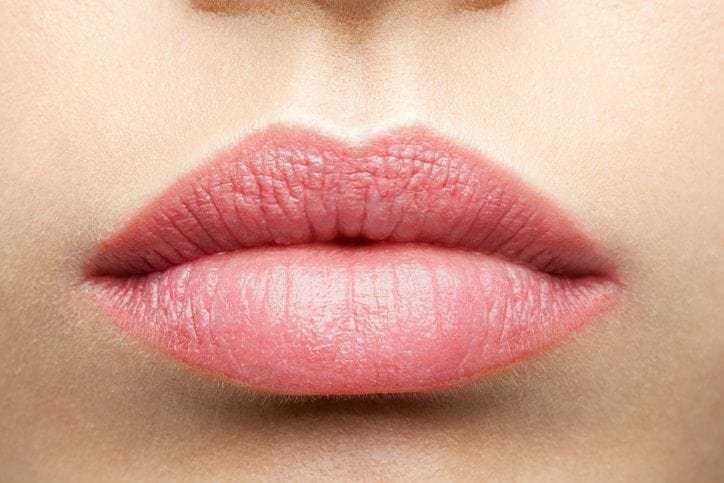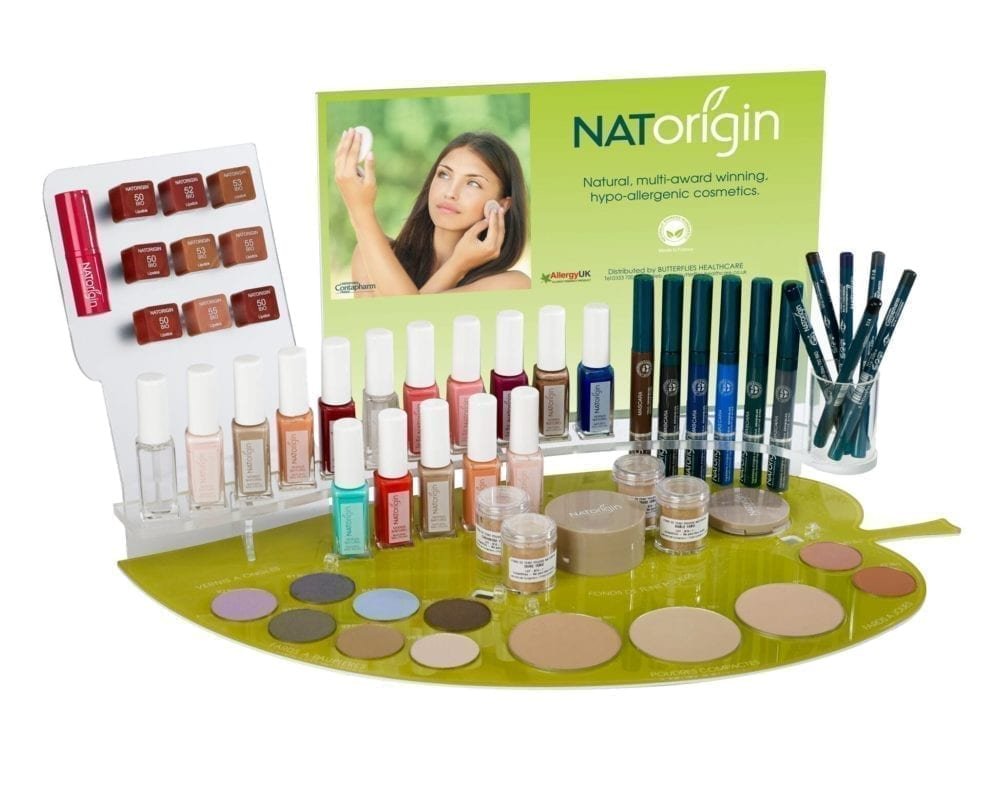This article appears in the autumn issue of MyGreenPod.com Magazine, distributed with the Guardian on 27 October 2017. Click here to read the full digital issue online
We’ve been putting poison on our skin since the Elizabethan era; today we know a lot more about chemistry and biology, so why do we still do it? ‘Unless we develop a problem, many of us trust cosmetics brands and just don’t think about it’, says pharmacist Michelle Sutton, who founded Butterflies Healthcare with her optician husband, James.
Earlier this year, a study by Groupon revealed British women spend on average £70,294 on their appearance in their lifetime – with £33,615 of that going on the face alone. You’d think we’d be getting premium products for that kind of money – wouldn’t you?
‘High street cosmetics are branded as aspirational so we feel good when that’s reflected in our bathrooms’, Michelle says. ‘The best explanation I have read is to think about the cost of advertising, packaging, beauty counters and consultants and where the money comes from to pay for them. Profit margins have to be high, so cheaper ingredients are often included to lower the cost price.’
Those cheaper ingredients include anything from the chemical fixers that give makeup its staying power to parabens, nickel, chrome, alcohol, SLS and MI. ‘The complete list is long’, Michelle tells us.
In the short term some of these ingredients can cause an intolerance, leading to sore, watery eyes or red, blotchy skin. As well as completely ruining an evening out, the long-term risks include hormonal imbalances.
‘Paraben preservatives seem to cause a problem for many women and are known hormone disruptors’, Michelle says. ‘Nickel allergy is becoming more common, too. Cosmetics labels have to conform to INCI standards so these are easy to spot on the labels.’
The skin has natural defences to sensitivity; while mainstream cosmetics gradually strip them away, increasing the risk of reactions, natural beauty products can actually boost them.
GOING NATURAL
According to Michelle, everyone can benefit from natural and allergy-friendly makeup: it prevents reactions developing in the future and improves skin condition in the meantime. ‘It can take a few weeks for any previous skin blotches to calm down, but reduced mascara sensitivity is immediately noticeable’, Michelle says. ‘Within a month, many women notice small imperfections fading and see their complexion generally improve, meaning they can use less makeup!’
Natural and organic cosmetics were created to respect and preserve the environment, not to protect our skin or eyes. NATorigin is the first range of natural cosmetics created to do both: it’s kind to the environment and even the most sensitive skin and eyes.
‘NATorigin cosmetics are formulated and tested by pharmacists, dermatologists and ophthalmologists using a unique process called bio-inertia’, Michelle tells us. ‘They leave no adverse effects on the skin or in the eyes or contact lenses – and their Allergy UK approval also sets them apart.’
 Play Video about This Rock Might Just Save The World
Play Video about This Rock Might Just Save The World Play Video about Play 2 hours of rock
Play Video about Play 2 hours of rock Play Video about Play 2 hours of brook
Play Video about Play 2 hours of brook Play Video about Play 2 hours of sheep
Play Video about Play 2 hours of sheep


















 Bio-inertia avoids known irritants and gently mills the cosmetics particles into tiny spheres.
Bio-inertia avoids known irritants and gently mills the cosmetics particles into tiny spheres.






















